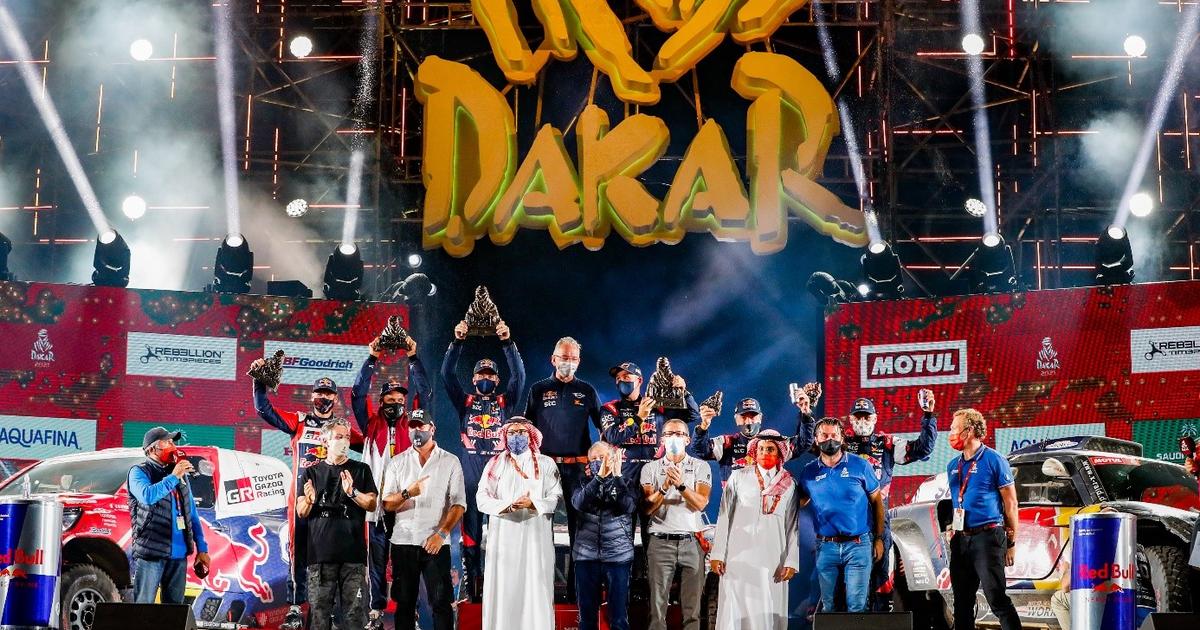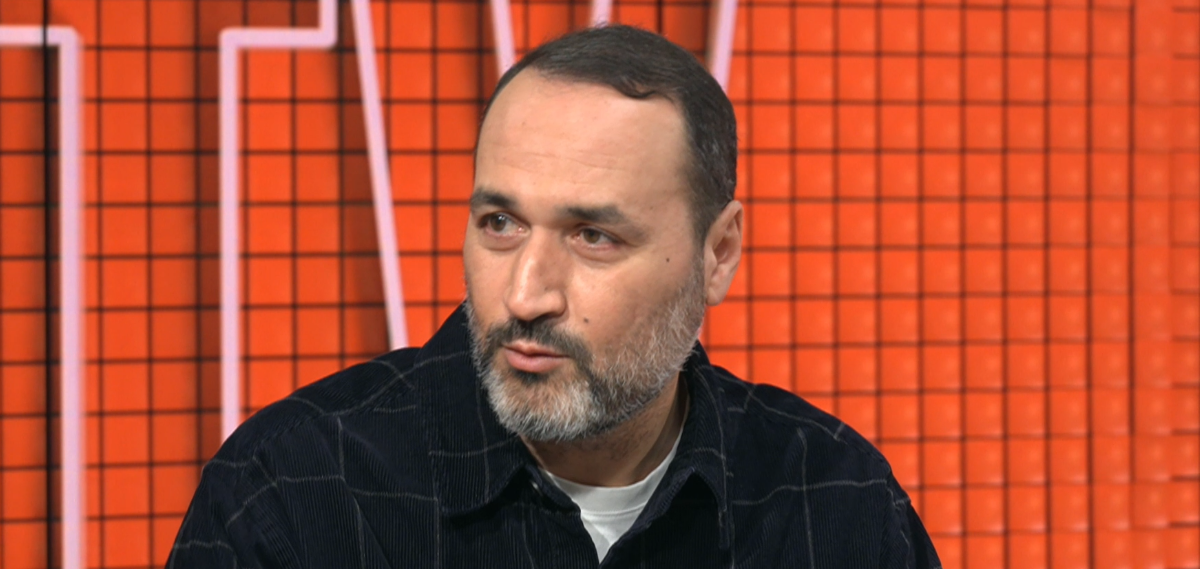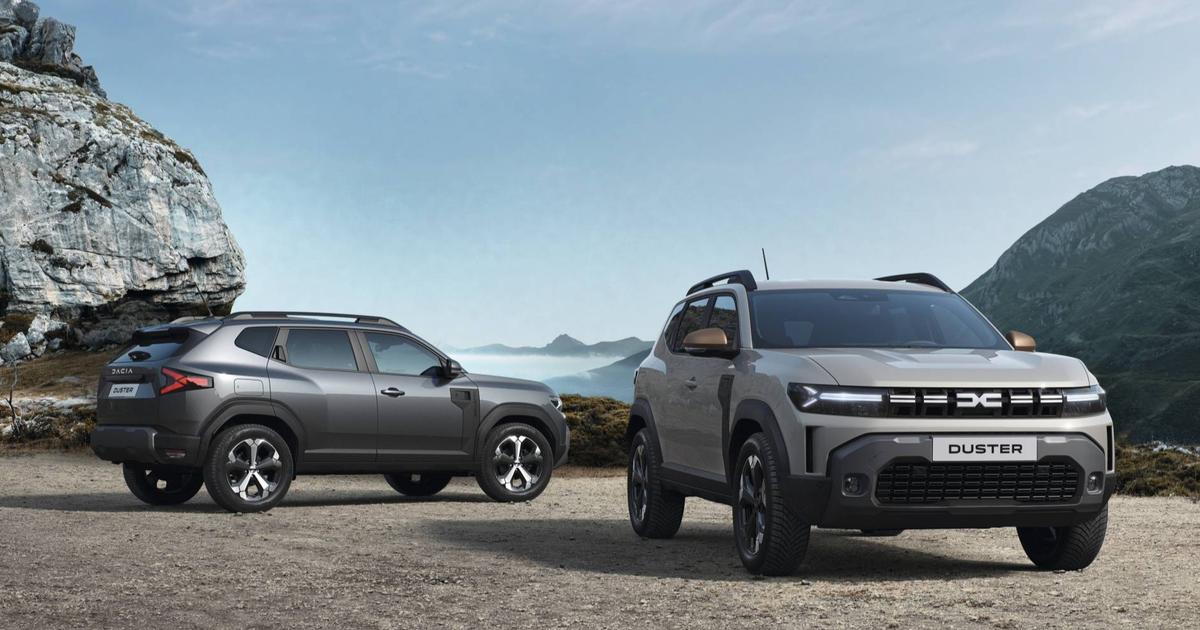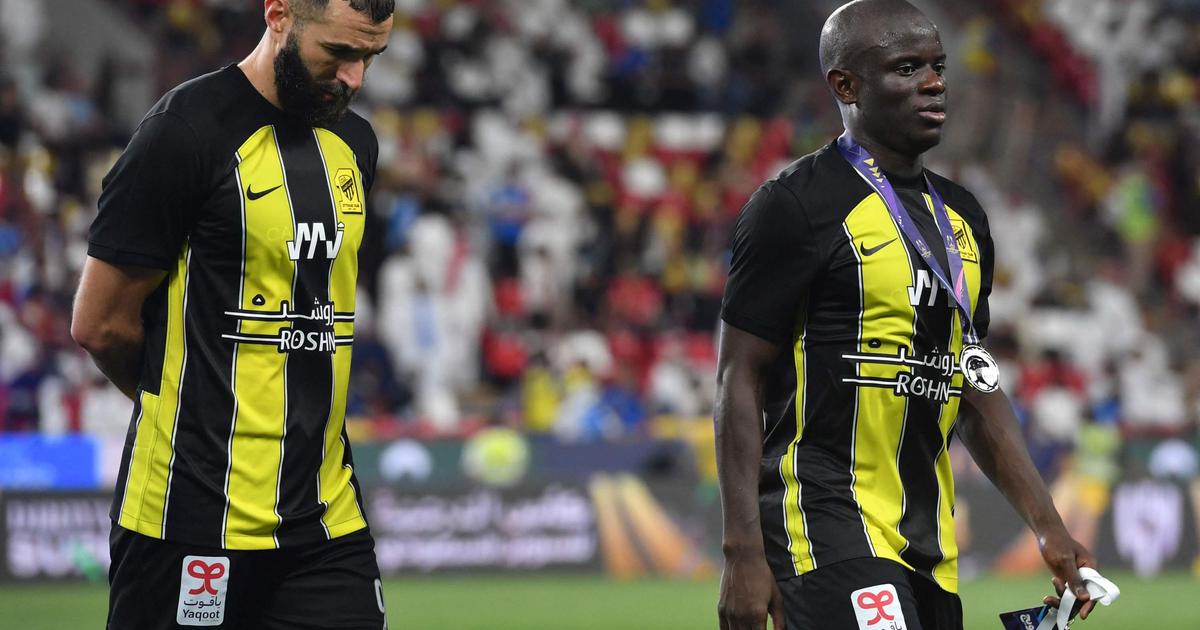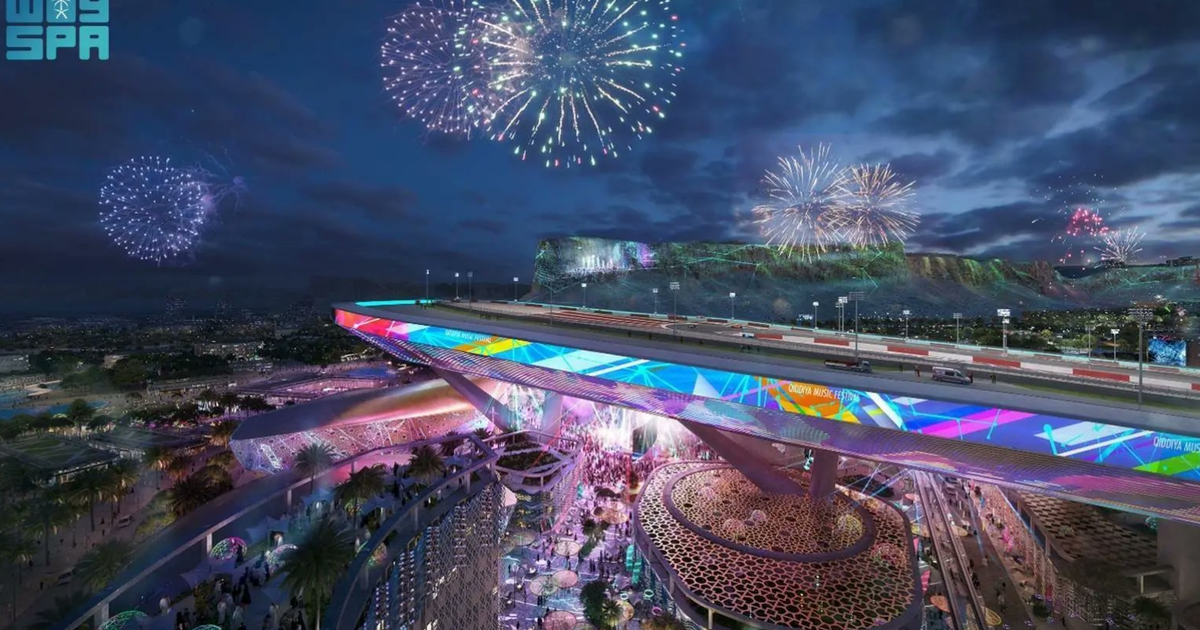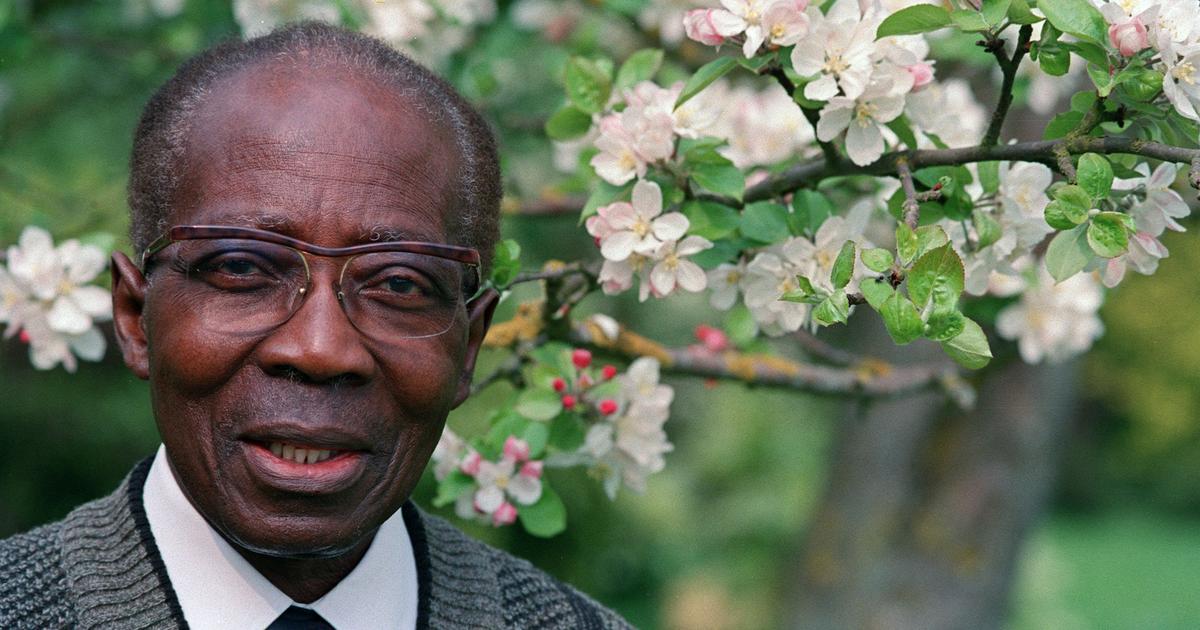Vincent Chaudel is a marketing expert and co-founder of the Sport Business Observatory, the Think Tank of the In&Sport firm whose vocation is to provide analyzes and decryptions on the evolution of sport, both in its economic dimension and social. Article written in collaboration with François-Xavier Gérard, member of the Sport Business Observatory and expert in organizational management.
To discover
DOSSIER - The Sport Business Observatory
The Dakar label is a prestige in itself, and a registered trademark, no offense to the country of the same name, which has not benefited from economic benefits for more than 10 years.
Broadcast in almost all the countries of the globe for an estimated 1 billion spectators, the race is reputed to be very profitable for the organizing country.
But Amaury Sport Organization (ASO), the organizer, was once again forced to seek a new home for 2020, after 29 years in Africa and 11 years in South America.
The famous rally-raid event has therefore changed continents again, officially for security reasons.
Since 2020, Saudi Arabia has offered its dunes to Amaury Sport Organization for an amount estimated at 15 million euros per year until at least 2025.
In strong progress since his African years, the entry ticket exploded during the move to American soil which generated significant additional logistical costs.
The financial participation of the host countries was even the sine qua non condition ostensibly displayed by the organizers during the negotiations in February 2008. The 2014 edition passed by Argentina, Chile and Bolivia was sold on the same terms with a participation of $6 million for each of the first 2,
ASO, even if it remains very discreet on the subject, claims a significant windfall for the organizing countries.
In 2013, the French specialist in sporting events estimated the economic benefits for all the countries crossed at €300 million.
In this regard, Le Figaro puts forward comparable figures with 180 million € collected by Argentinians alone in the 2014 edition.
On longer-term considerations, the Dakar Rally is a showcase open to the whole world.
In 2009, the Secretary of State for Tourism in Argentina Enrique Meyer declared that "the Dakar has been the most important tourist promotion action in the history of Argentina since the 1978 FIFA World Cup".
Economic development through soft power
That's good, that's precisely what Saudi Arabia came for.
Like its neighbor Qatar, the largest country in the Middle East wishes to offer itself a new image, a new business model and global visibility.
Just that.
And the parallels between the 2 enemy brothers are numerous.
First of all, they have in common their extreme dependence on energy, a resource that will inevitably have less of an impact on their respective GDPs: black gold still today represents 35 to 40% of Saudi GDP, while the natural gas and oil account for 60% of that of Qatar.
The 2 countries with yet different demographics have in common their desire and their need to diversify their economies and attract investors.
On the subject, the tourism track is widely exploited, proof of which is the Dakar for one and the World Cup for the other.
Table Statistics
The two countries also have in common their low popularity rating.
The non-respect of Human Rights has been denounced by NGOs such as Human Rights Watch since the first Asian edition of the rally: repression, death penalty, freedom of expression and women's rights in particular, who are moreover not allowed to drive only since 2018.
In addition to the host country, the race itself is debating its environmental aspects, which are double with regard to the Dakar Rally.
CO2 emissions are around 42,000 tonnes per edition, a far cry from that of the last football World Cup which is estimated at 3.6 million tonnes according to FIFA and 18 million tonnes according to the NGO Carbon Market Watch, but enough to arouse the indignation of several organizations in a country that is not seen as a good student.
Moreover, the million liters of fuel consumed during the competition also raises questions, especially when Saudi Aramco, the world's leading hydrocarbon company, is displayed as a major partner of the event.
Sporting events: massive construction weapons
Aramco has also been the symbol of Crown Prince Mohammed bin Salman's vast Vision 2030 plan.
Its listing on the Riyadh Stock Exchange was the spearhead of the Kingdom's ambition to get out of its oil revenue.
Unveiled in 2016, this ambitious national multi-sector transformation program notably affects entertainment, women's rights and tourism.
A tourist visa was also introduced in 2019 and broad reflections around tourist projects along the Red Sea have been carried out.
The objective of these efforts is also to federate the Saudi people themselves, who are still inclined to leave their country to treat themselves to holidays in Dubai... The fact remains that 6 years later, non-oil revenues remain marginal, and that Saudi Arabia is the furthest behind in its quest for international exposure and modernizing its image compared to its neighbors Qatar and the United Arab Emirates.
Like the latter, the operation of seduction through sport is part of the strategy.
Before the takeover of the Newcastle football club in 2021 for 350 million €, the Kingdom had spared no effort: hosting the Italian Supercup of 2018, 2019, 2022 and 2023, the Spanish Supercup of 2022 to 2029, Anthony Joshua's heavyweight fight against Andy Ruiz in 2019, and
The F1 Grand Prix in Saudi Arabia Panoramic
And the future remains to be written, as well as the controversies.
Saudi Arabia has been awarded the organization of the Asian Winter Games 2029 unanimously by the members of the Olympic Council of Asia.
The competition will take place in the middle of the desert, in the city of Neom which does not yet exist, enough to revive the debates of recent months around climate issues... The crown prince is also about to get his hands on the Coupe d Football Asia 2027. The only candidate in the running after the withdrawal of India, Saudi Arabia should be officially designated by the authorities next February at the next CAF congress.
The latest Saudi take in the field is significant: the signing of Cristiano Ronaldo in the Al Nassr club.
It suggests a role of
ambassador of the star player for the country, with a view to obtaining the organization of the 2030 Football World Cup, in a bid shared between Saudi Arabia, Egypt and Greece.
The opportunity would be great for the Saudis to get the most watched sporting event in the world that the Qatari enemy has already hosted.
Moreover, Tuesday January 3, the XXL presentation of the ex-Mancuniens in his new stadium, which could only contain 30,000 fans out of the 130,000 ticket requests, was an opportunity to send a clear message.
By letting an unveiled female journalist interview their new idol, Saudi Arabia has skilfully and definitively assumed its cultural openness to the whole world.
After religion, sport as the main lever of soft power has become the credo of Middle Eastern countries, in which the "dollar suitcases" from oil (or gas) are used to prepare for its aftermath, by being bought at large costs of events likely to serve their image.
If the return on investment is not certain, the estrangement from the values of sport and its recurring use for strictly political purposes are.

